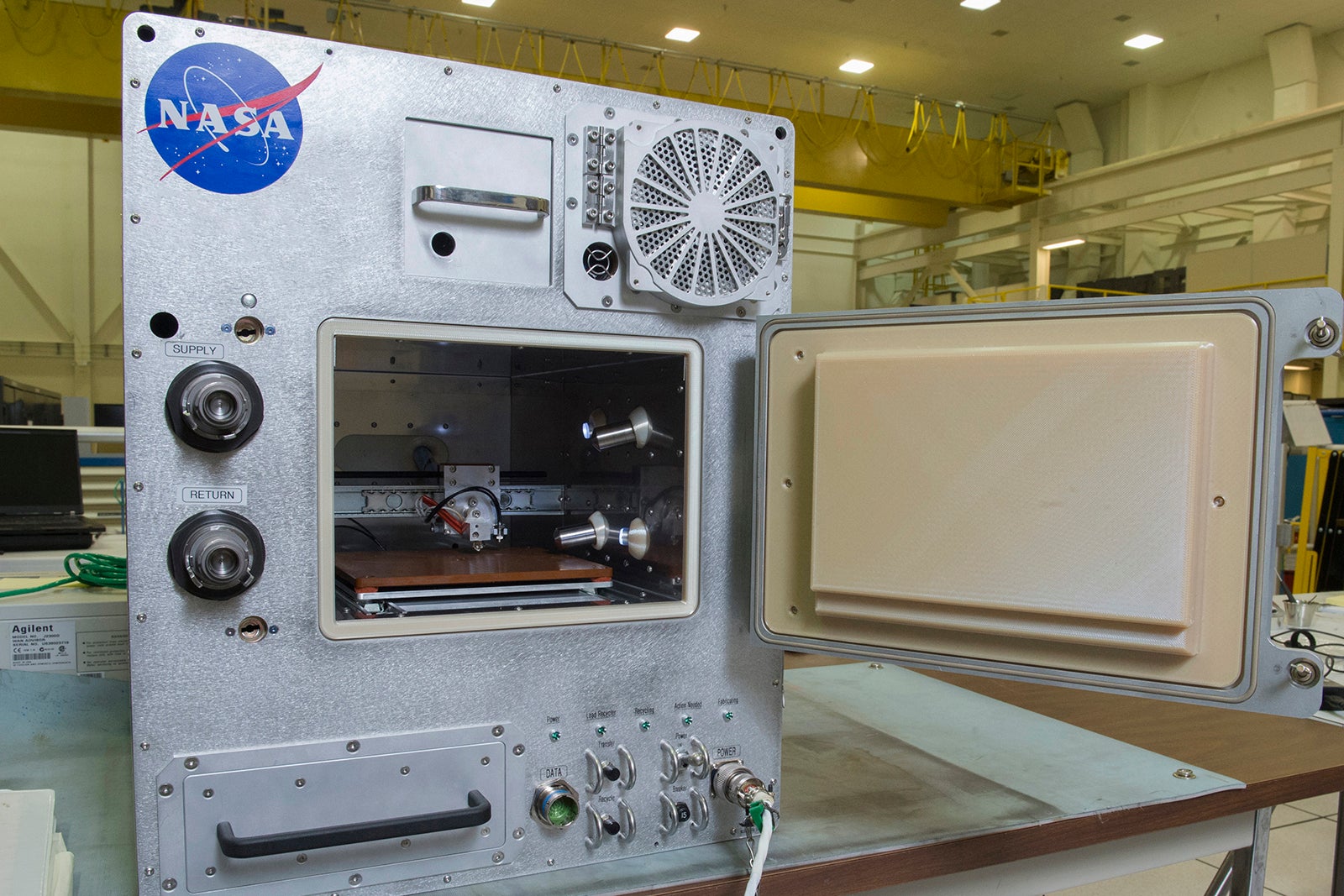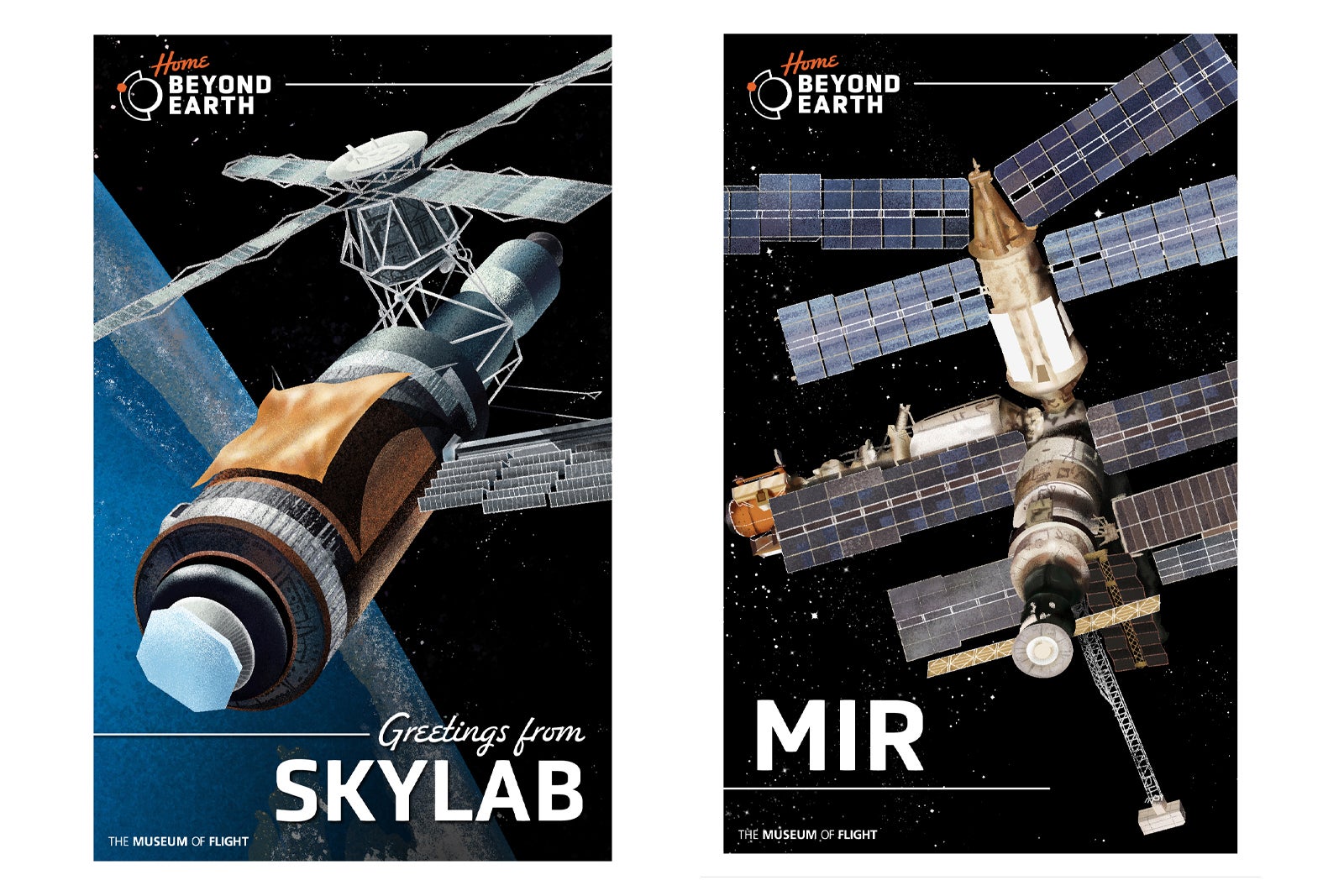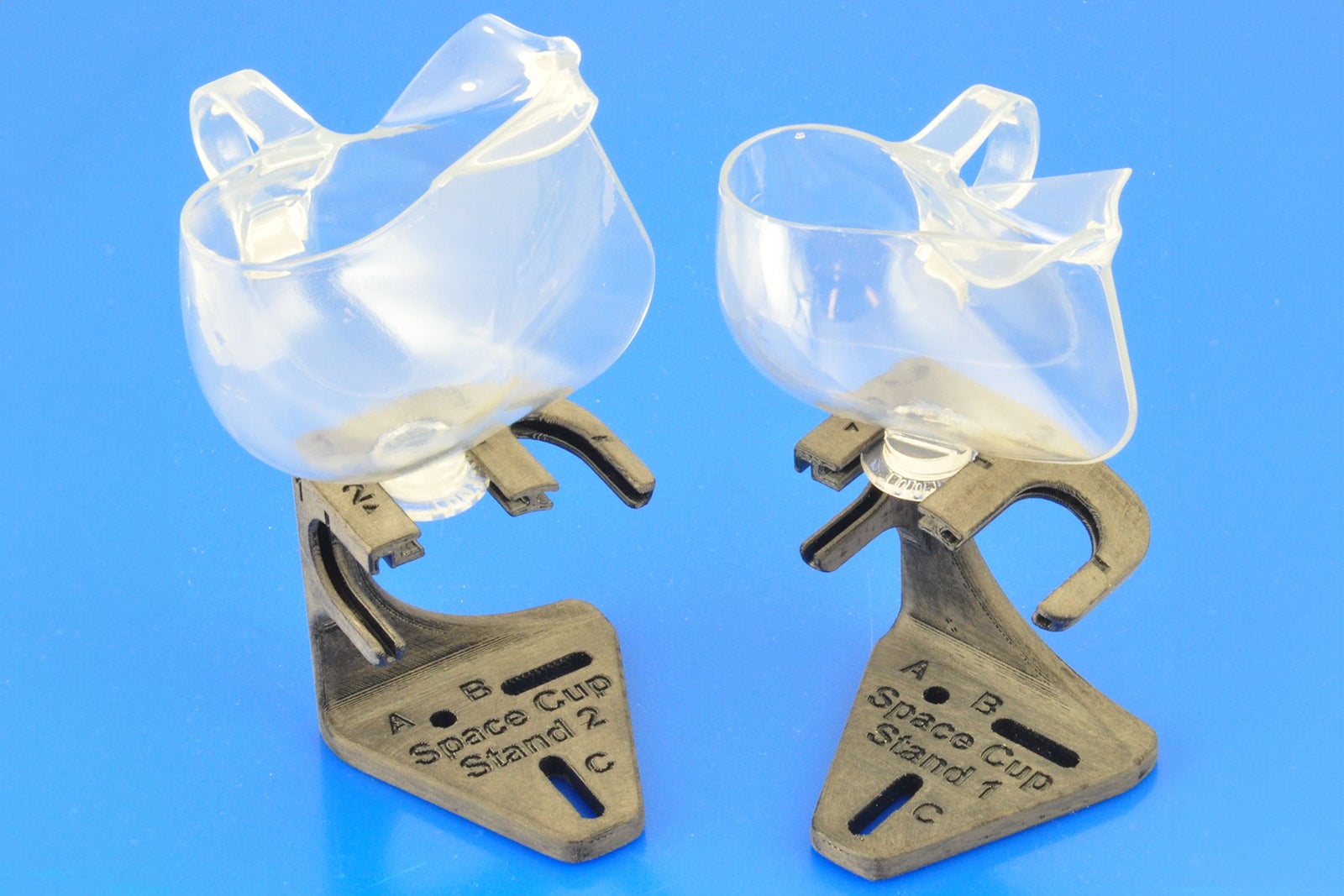Have you ever wondered what it would be like to live and work in space?
To find out, you might track down an astronaut or cosmonaut who spent time on the Russian space station Mir. Or, you could question one of more than 270 individuals who have spent time in the International Space Station, which, NASA boasts, is larger than a six-bedroom house with six sleeping quarters, two bathrooms, a gym and a 360-degree-view bay window.
You could also grab some popcorn or some freeze-dried “astronaut” ice cream and watch a movie or TV show — such as “2001: A Space Odyssey,” “Ad Astra” or “Star Trek: Deep Space Nine” — that imagines what life might be like on a fictional space station.
Want more aviation news? Sign up for TPG’s free biweekly Aviation newsletter.
Or you can jet over to Seattle’s Museum of Flight to visit “Home Beyond Earth.” It’s an exhibit opening in early June that focuses on space stations past, present and future and includes more than 50 artifacts, models, space-flown objects and uniforms.
The topic of long-term living in space is timely, according to Geoff Nunn, the exhibit developer and year-round space curator at the Museum of Flight. Right now, there are two space stations in Earth’s orbit: China’s Tiangong space station and the ISS, which has been hosting a revolving team of astronauts since November 2000 and is set to be retired around 2030.
“NASA and its international partners are looking to hand off operations of long-term activity in space to private space station companies. And several companies are developing successors to the International Space Station that will be privately owned and operated,” Nunn said. “So, in the next decade or so we could see tremendous change in how we live and work in space.”
More for AvGeeks: A behind-the-scenes look at Southwest’s Dallas headquarters
Nunn said that for this exhibit, the museum wanted to go beyond the STEM (science, technology, engineering and math) aspect of living and working on a space station. It aims to dig deeper into the cultural influences and the human fascination with the nuts and bolts of what living and working in space might really entail.

Daily Newsletter
Reward your inbox with the TPG Daily newsletter
Join over 700,000 readers for breaking news, in-depth guides and exclusive deals from TPG’s experts
To do that, the exhibit reaches back to the early science fiction stories hypothesizing and predicting what space stations might be like. It progresses to the history of actually living and working in space, which began with Skylab and Salyut in the 1970s and through to the current ISS. The exhibit also looks ahead to the near future and what the space community might be like.
Objects in the exhibit will include scale models of both historic and conceptual space stations, including a model of the ISS built by students at the University of Washington that has solar panels that sync up and rotate with the solar on the real ISS.
“Home Beyond Earth” will also include inflight garments from all the major types of space stations that have been in orbit (with the exception of China’s Tiangong space station). It’ll feature artifacts that have flown in space, such as the award-winning Space Cup, a zero-gravity coffee cup designed for NASA at Portland State University and tested on the ISS.
A test version of a 3D printer called the Refabricator, which is about the size of a dorm room refrigerator and was launched to the ISS in 2018, will be on exhibit. Nicole Stott’s “The Wave” — the first watercolor painted by an astronaut in space on board the ISS in 2009 — will also be on display.
To help future astronauts better visualize what it might be like to live and work in space, the exhibit will issue digital cards or tokens that invite visitors to pick a space station of their choice and personalize their journey. For those who want souvenirs of their journey, there will be space travel posters featuring both real and imagined space stations.
So, is the Museum of Flight’s space curator ready to live and work in a space station?
“I think if we can get a decently comfortable space up there,” Nunn said, “I might consider it.”
“Home Beyond Earth” opens June 8 at Seattle’s Museum of Flight and will run through Jan. 20, 2025.
Related reading:


